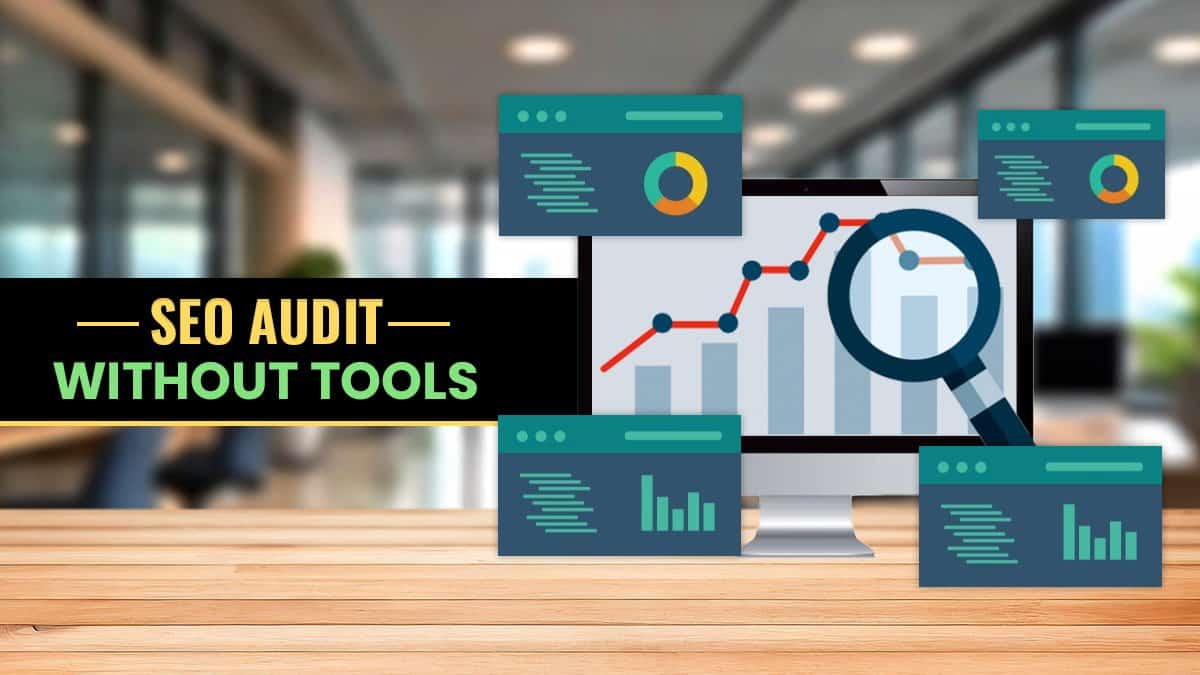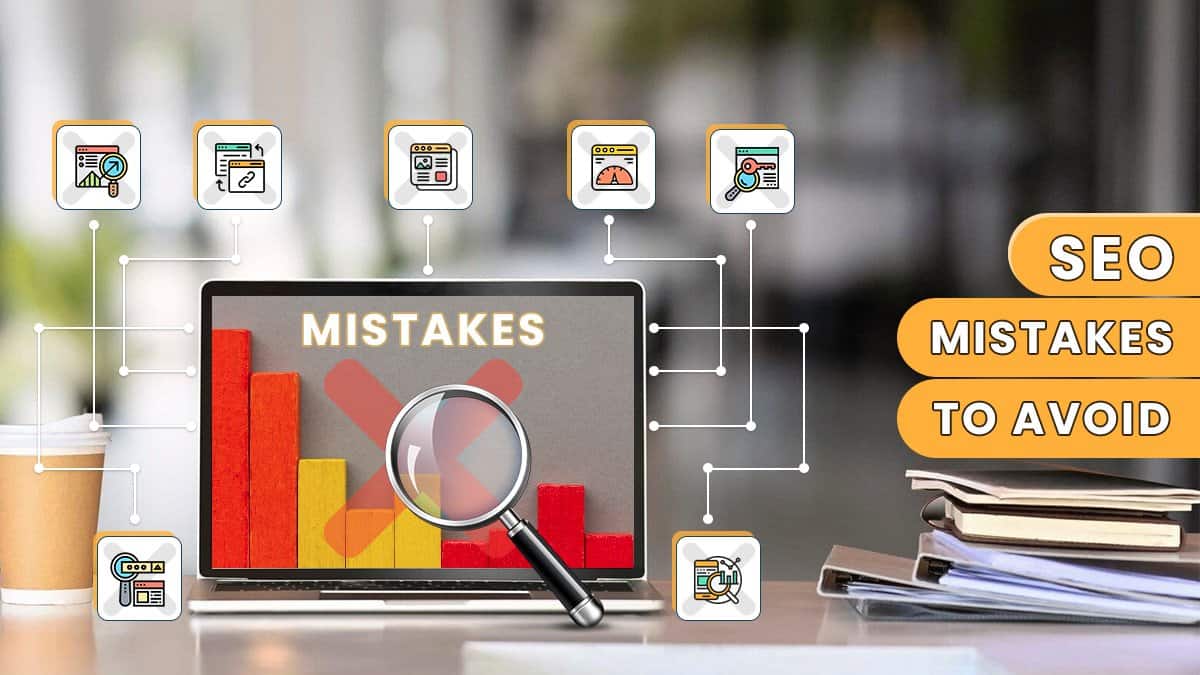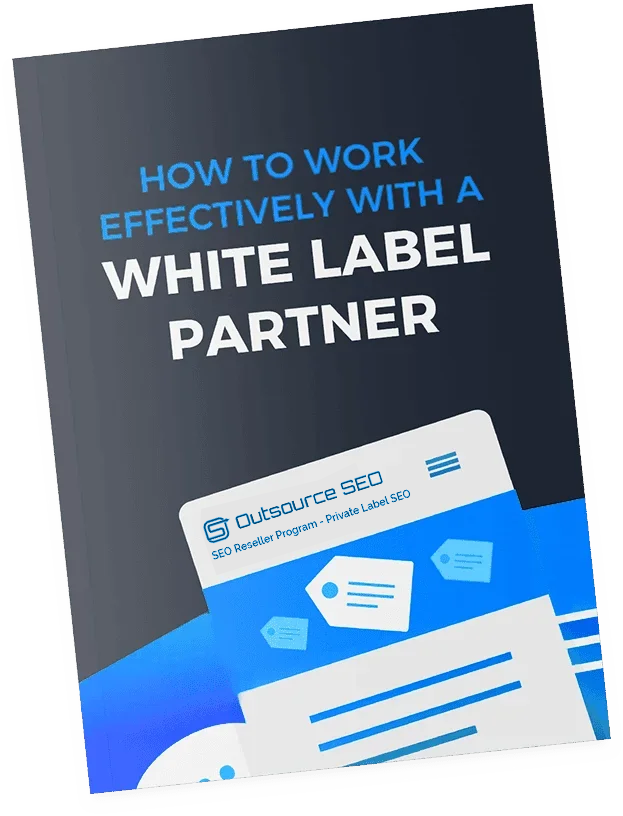In a very competitive online world, it’s really important to protect your website from negative SEO so it can stay trustworthy and visible in search results. Negative SEO is when someone does unethical things to a competitor website to make it have a lower rank in search engines.
Unwanted backlinks, copied content, using too many keywords, and bad reviews can harm your website and make it less successful. But, you can do things to prevent negative SEO attacks and keep your website safe. In this post, we will learn how to protect your website from negative SEO.
What Does Negative SEO Mean?
Negative SEO means using unethical methods to hurt a rival’s website in search engine results or reputation online. These tactics might involve linking bad links to the website from spam or penalized sites, copying content and spreading it around the internet, breaking into the website to put in harmful code or malware, or posting fake reviews to ruin the website’s reputation.
Doing negative SEO can seriously hurt a website. It can make the website show up lower on search engines, get penalties from search engines, lose visitors and money, and harm the website’s trust and reputation. Website owners need to keep a close eye on their website’s backlinks, content, and online reviews to catch and stop any harmful SEO attacks quickly.
Seeking the help of SEO experts is crucial for effectively combating negative SEO and protecting your website’s rankings.
Why is Preventing Negative SEO Important?
It’s important to stop negative SEO so that your website stays strong and trustworthy in search engine results. If you fail to do so, these negative practices can cause serious damage to your website, such as:
Decreased Visibility
Using bad strategies like spammy links or duplicating content by your competitor sites can make your website harder to find on the internet. Search engines can punish your website because of these shady tactics, which can make it harder for people to find your site when they search online.
This could make you lose website visitors from search engines and make it harder to bring in new people and make sales or sign-ups. It’s really important to keep an eye on how well your website is doing and take action to fix any problems caused by negative SEO attacks. This helps make sure your website shows up well in search results and people trust it.
Losing Trust
Negative SEO can make people not trust your brand by damaging its reputation on the internet. Actions such as posting fake bad reviews, copying content from other websites, or trying to hack into your website can make people not trust your website anymore. If people see false things related to your brand, they might stop trusting or believing in what you sell.
Losing trust can make customers less loyal to your business and less likely to interact with it, which can stop it from growing and being successful. It’s really important to deal with negative SEO attacks quickly, take care of your online reputation, and talk openly with your audience to regain their trust and keep a good brand image.
Financial Loss
Bad SEO tactics can make your business lose a lot of money. When search engines punish your website if it finds bad backlinks or other tricky tactics, your natural traffic and income can drop a lot. Fixing the harm from negative SEO attacks, like taking away bad backlinks or recovering from a hacked website, can cost a lot of time and money.
Also, having a bad online reputation can make people not trust your brand and not want to buy from you, which can hurt your business. Less people can see your business which means you won’t get as many chances to bring in customers, make new contacts, and make sales. This will affect how much money your business makes.
Loss of Time
Harmful SEO attacks can cause website owners to lose a lot of time and money. Fixing the problems caused by spammy backlinks and content scraping takes a lot of work to find and solve them. This process includes checking for problems, getting rid of bad links, deleting repeated information, and adding security to stop more attacks.
Also, gaining back trust and credibility from search engines and users can take a lot of time and effort. The time and money used to fix negative SEO could be used to make your website and business better. It’s important to take action early to stop bad SEO attacks so you don’t waste time and money.
Also Read: How Long does SEO Take to Show Results and Factors Influencing It
Long Term Success
It’s really important to prevent negative SEO so your website and business can do well in the long run. By protecting yourself from harmful attacks online, you can keep a good reputation, earn trust from your audience, and make your website a trusted source in your industry.
This not only helps bring in and maintain customers, but also makes your brand stronger for future challenges. By focusing on preventing negative SEO, you can protect your website and business from harm and set yourself up for long-term success in the digital world.
10 Tips to Prevent Negative SEO
Regularly Audit Your Links
It’s really important to check your website’s links regularly to keep it safe from bad SEO tricks and make sure you have good quality backlinks. First, make a list of all the websites that have links to your site using tools like Google Search Console or other SEO tools.
Assess how good each link is using metrics like how well-known the website is, how closely it relates to the topic, and how likely it is to be spam. Look out for weird patterns in the words used for links and sudden increases in getting links, which might show that someone is trying to manipulate things.
Also, check the websites that are linking to your site for any signs of suspicious behavior or attempts to manipulate the links. When you find bad links, get rid of them by deleting them or using Google’s Disavow Tool.
By fixing any problems found in the link audit, you can lower the risk of bad SEO attacks and maintain your website’s visibility and trust with search engines. Regularly checking your website links keeps it safe and helps your SEO stay strong. This makes sure your website is successful in the long run.
Check Site Speed
It’s important to check your website’s speed often to protect it from SEO issues and make sure users have a good experience. Websites that take a long time to load can make people frustrated and might get in trouble with search engines, which could make them less likely to show up in search results.
To make sure your website loads fast, use tools like GTmetrix or Google’s PageSpeed Insights to check how fast your website is loading. Make images and media files smaller, make website elements simpler, and save static resources locally to make the website load faster.
Also, use content delivery networks to spread your website’s content across many servers and reduce delays. Always check how fast your website loads and fix any problems right away by regularly checking and improving its performance. By making your website load faster, you can avoid bad SEO results and make users happy, which will help your website do better in search results.
Look for Scraped Content
Scrapped content means when someone copies and posts your website’s content on other websites without giving you credit. This can cause problems with having the same content in multiple places on your website, making it less authoritative and possibly getting you in trouble with search engines.
To find copied content, use tools like Copyscape or Siteliner to look for the same content on different websites. Also, you can use Google Alerts to get notified when your content is mentioned on other websites by entering key phrases or sentences.
As soon as you find copied content, do something about it right away. Contact the person who owns the website and ask them to take down your content or give you credit for it. If needed, let the website host know about the problem or tell Google using the Search Console.
Update Google Business Profile
Update your Google Business Profile (GMB) listing to make sure you have a good reputation online. Your Google Business Profile listing is very important for how high you show up in local searches. If there are any mistakes or changes that you didn’t correct, it could hurt how easy it is for people to find your business and what they think of it.
Make sure to keep checking your Google Business Profile listing to see if anyone has made changes without permission. This could include things like wrong business details, fake reviews, or inappropriate photos. Create notifications on your Google Business Profile dashboard to know when there are changes to your listing.
Also, make sure you are controlling and replying to customer feedback on your Google Business Profile. Bad reviews or fake feedback can hurt your image and make it harder to attract new customers.
Deal with any bad feedback quickly and professionally to make sure it doesn’t hurt your business’s reputation. Checking your Google Business Profile listing often to make sure it’s correct and real helps make sure your business info is current and the same everywhere online.
Monitor CTR of Keywords
It’s important to keep an eye on how often people click on certain keywords on your website. A quick drop in CTRs for certain words could mean that someone is trying to cheat the system by clicking on ads or using sneaky tactics to beat their competition.
Use tools like Google Search Console or other SEO platforms to check how often people click on the keywords on your website. Search for big changes or unusual results in the CTRs for different keywords and pages.
Also, keep an eye on how your website is ranking for specific keywords, as a decrease in ranking can affect the number of people clicking on your website. If you see fewer people clicking on a keyword, find out why it’s happening.
Look for any differences in how search engines work, what people are doing online, or what your competitors are doing that could be affecting how many people click on your website links. Also, double check your website’s metadata, meta descriptions, and title tags to make sure they are interesting and accurately describe your content.
Check Your Site Ranking
Check your website’s search rankings often to make sure that it stays visible and trustworthy in search results and to prevent bad SEO. If your website’s ranking suddenly drops, it could mean that someone is using bad tactics to make your ranking go down, like adding bad backlinks or stealing your content.
Use tools like Google Search Console, Ahrefs, or SEMrush to track how well your website is doing on search engines and how many people are visiting over time. Make sure to notice any big changes in your rankings, especially for important keywords or pages on your website.
Check your website often for bad signs like too many bad links, repeating content, or sudden changes in your website traffic. Besides that, keep an eye on where your website shows up in search results. Act quickly to fix any problems found, like rejecting bad links or asking to remove copied content.
Secure Your Website
A safe website keeps your personal information and data safe, and also protects against bad activities that could hurt how your website shows up in search results and what people think about it online.
Make your website safe by using HTTPS to keep the information sent between your website and users’ browsers private and secure. Make sure to update your website’s software, themes, and plugins often to fix any security problems and to keep it safe from attacks.
Use difficult passwords and add an extra security step to all your website accounts to stop people from accessing them without permission. Make sure to check your website often for viruses and bad code by using security tools or services.
Set up protections like firewalls, and DDoS protection to stop cyberattacks and prevent unauthorized people from getting in. Also, make sure to regularly save a copy of your website’s information in a safe place to lessen the impact of any security problems.
Also Read: Google Not Indexing Pages? Quick Fixes You Need
Audit Your Content
Auditing your website’s content often is very important to avoid bad SEO and keep a strong online presence. Content auditing means checking if the content on your website is good quality, relevant, and unique. This is to make sure it follows rules and guidelines for search engines.
First, make a list of all the things on your website like web pages, blog posts, and product descriptions. Next, examine each piece of content to see if it is a good fit for your audience, if it is accurate, and if it encourages interaction.
Be careful of any repeated or low-quality content that could be taken by others to make spam on the internet. Fix any problems with having the same content in more than one place. You can do this by changing the content, combining it, or getting rid of it completely.
Also, make sure to check your website’s meta tags, title tags, and meta descriptions to make sure they are the best for the words that people use and accurately show what is on each page.
Monitor Social Media
Social media websites are very important for how people see your brand and can impact how high up your website shows up on search engines. Keeping track of what people say about your brand on social media and how involved they are with your posts.
Be sure to notice and deal with any bad reviews, complaints, or untrue information spreading about your brand. Dealing with criticism in a professional and open way can help lessen its effect on your brand’s image and stop it from spreading.
Connect with your audience, share helpful content, and build good relationships to gain trust and respect. Also, keep an eye out for anything strange happening on your social media accounts, like fake followers, spam comments, or accounts pretending to be your brand.
Inform the social media platforms if you see any suspicious activity. Also, make sure to keep your accounts safe from unauthorized use. Have a separate team to work on your social media platforms since reputation in those platforms is very important nowadays.
Stay Updated
It is important to keep up with the latest SEO trends and best practices to avoid bad SEO and make sure your optimization efforts work well. Search engines always change how they find the best websites for people.
This means website owners and marketers need to keep up with the changes to make sure their websites are still easy to find. Keeping an eye on news and announcements from search engines like Google can help you be prepared for any changes that might affect how your website shows up in search results.
Also, joining online discussions, going to SEO events, and connecting with other experts in the industry can give us helpful ideas and viewpoints. By keeping track of the newest SEO changes, you can make sure your website follows search engine rules and is safe from harmful SEO tricks.
Final Thoughts
It’s important to avoid negative SEO to protect your website’s success and reputation in today’s competitive online world. By using proactive plans and staying alert for possible dangers, you can keep your website safe from harmful tactics that try to make it less visible and trustworthy in search engine results.
Keeping an eye on your backlinks, content, social media, and website security, and staying up to date with SEO trends and updates, helps you find and fix any problems before they get worse. Building a good reputation online by being honest, talking to your audience, and sharing good content makes it harder for people to attack your website with bad SEO.
By stopping bad SEO, you can keep a strong online presence, get more people to visit your site, and build trust with your audience over time, making sure your website and business keep doing well. As always, with SEO, it is not a time process but a continued effort.
FAQs
How to know the latest SEO updates to stop negative SEO?
Keep informed by reading trustworthy SEO blogs, joining industry forums and discussions, attending online seminars or events, and connecting with other professionals in the field. Also, sign up for emails, listen to podcasts, or take online classes about SEO and online marketing to stay up to date on the newest trends, changes, and best ways to avoid bad SEO attacks.
What should I do if I think someone is trying to harm my website?
Quickly check your website for any problems, get rid of any suspicious links, delete any repeated or poor-quality content, and make sure your website is secure. Also, keep an eye on what people are saying about you online and deal with any bad comments or false information to lessen the effect on your brand.
How can I tell if someone is trying to hurt my website with negative SEO?
Make sure to check your website’s analytics regularly to see if your search rankings or traffic suddenly decrease, and to look for any unexpected changes in backlinks or social media mentions. These signs may mean someone is trying to harm your website.
Can bad SEO hurt my website’s online image?
Yes, if people use unethical tricks like making fake bad reviews, stealing content, or trying to hack your website, it can really hurt how people see your website. These things can make people not trust your brand, lose faith in it, and damage its reputation and the trust of its customers.
Can you fix bad SEO?
Yes, you can fix negative SEO attacks by taking action to lessen the damage. This means quickly finding and getting rid of bad links, deleting copied or bad content, making your website more secure, and taking care of your online image by talking openly with your audience.








